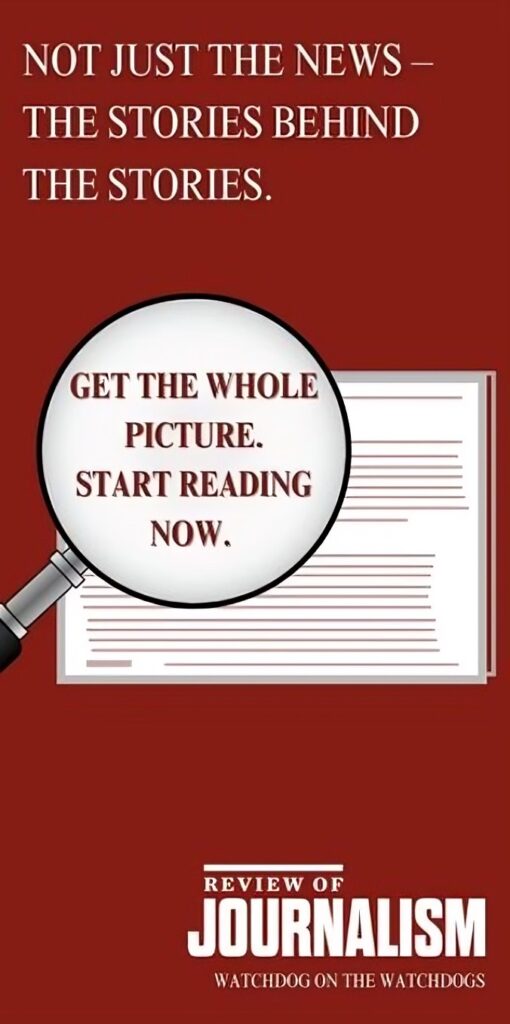This edition of the extant diaries of Northrop Frye, which is to be Volume 8 of the Collected Works, may fairly be called a model of its kind. The text has been scrupulously presented and the apparatus is excellent: a judicious introduction, a very thorough index, extensive and informative endnotes, and a directory of persons mentioned in the text; furthermore, the book has been handsomely printed and very well made. In the context of so worthy an achievement, it seems captious to complain, but it is hard to pass by the book’s high price of $125 in silence.
When reading the ostensibly private diary of a famous writer, one soon confronts the question of whether it was really intended to remain forever private. Frye writes that it was: in 1950, recording his pessimism about Victoria College, he interjects “after all, nobody is going to read this diary except me,” thus making the diary’s secrecy the basis for its candour. And indeed it is very candid, recording...
Ernest Sirluck served overseas in the Canadian army during World War II, after which he taught English literature at the University of Toronto and the University of Chicago. He served as Dean of the Graduate School and Vice- President of the University of Toronto and later became President of the University of Manitoba.

